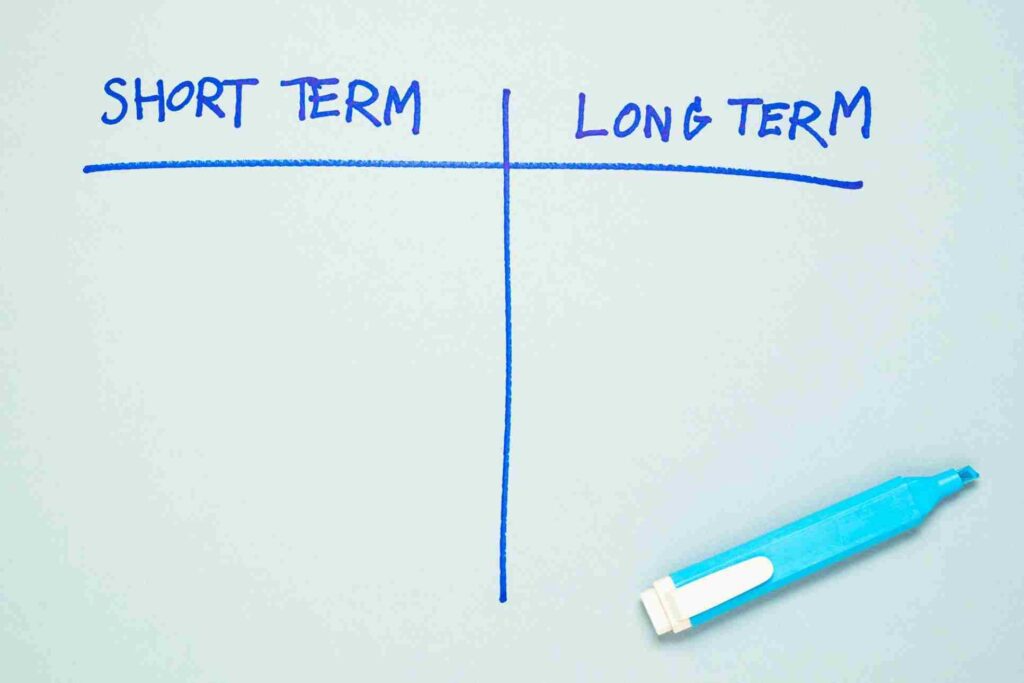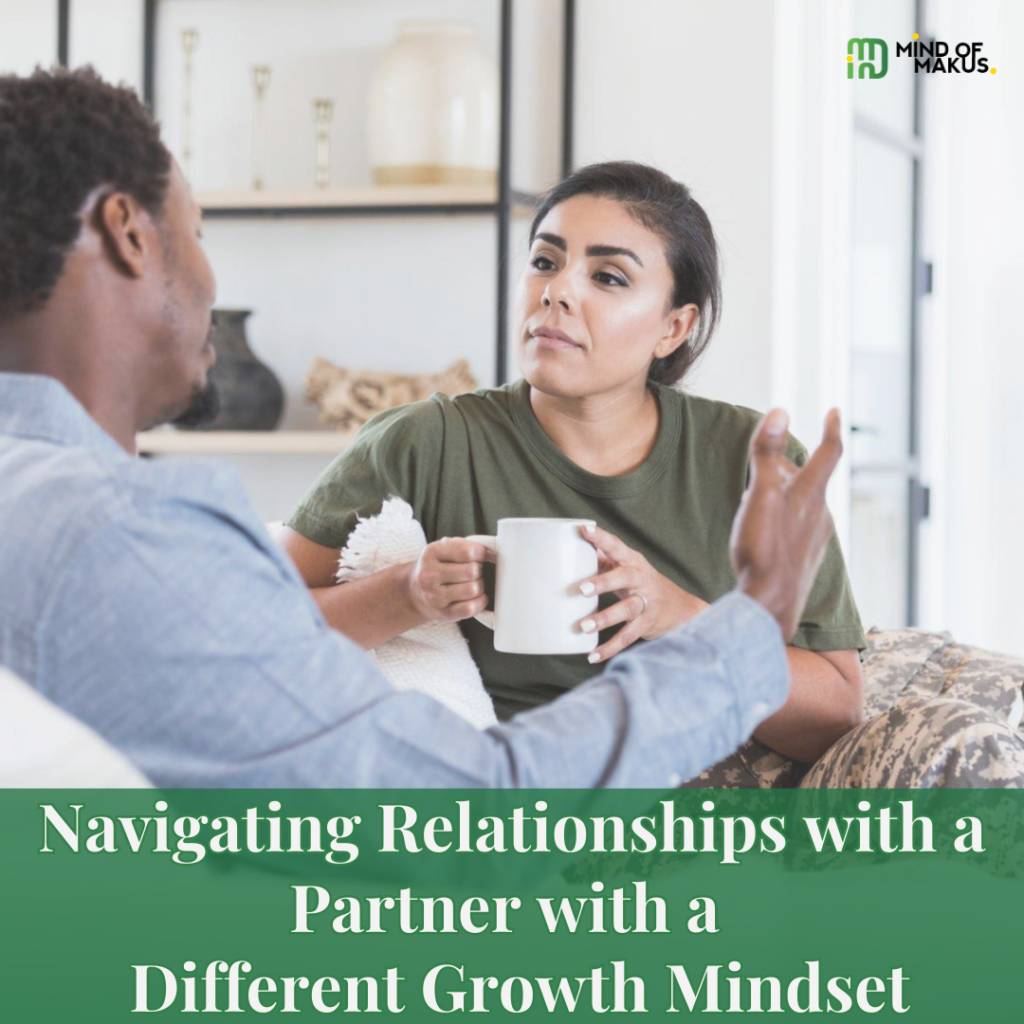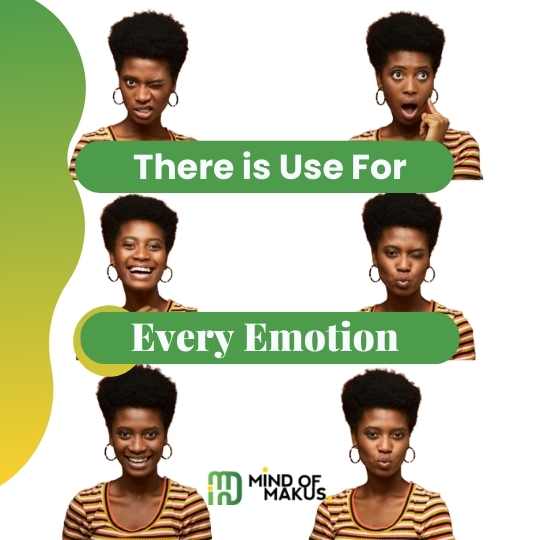Hello, my friend,
I hope you are well today?
This month, we started talking about relationships. Last week we wrote about self-awareness and the importance of it in your relationship. If you missed it, you can read up by clicking here and watch the video on Youtube.
This week, we will look at practical ways to navigate relationships with a partner who may have a different growth mindset.
In the pursuit of fulfilling relationships, personal growth and self-development play pivotal roles. However, when we find ourselves partnered with someone who may have different opinions about growth, navigating the challenges can be daunting.
In this blog post, we will explore strategies and insights on how to grow with a partner without a growth or self-development mindset, fostering understanding, communication, and personal growth within the relationship.
Understanding the Mindset of a Partner without a Growth Mindset:
When we want to solve a problem, the first step is recognizing that it exists and the magnitude of the problem so you can plan your solutions appropriately, meeting them with empathy.
People who struggle with adopting a growth mindset may exhibit a resistance to change, a fear of failure, or a complacent attitude towards personal development.
By understanding their perspective, we gain insight into potential challenges and limitations that may arise within the relationship.


Self-Reflection and Personal Growth:
Emphasize the importance of continuous personal growth and development, regardless of your partner’s mindset. Prioritize your own self-improvement journey, which can inspire and influence your partner positively, even if their growth journey looks different from your own.
Assessing Your Own Mindset and Expectations:
Before addressing the mindset differences with your partner, it is essential to engage in self-reflection. Self-reflection comes as a process of self-awareness, which we spoke about last week.
Consider your own growth mindset and aspirations for personal development. Identifying any misaligned expectations and areas of potential frustration will help in fostering understanding and empathy.
Communicating Your Values and Aspirations:
Having an open, honest conversation with your partner are foundational to overcoming mindset differences. Share your own experiences and the significance of personal growth and self-development in your life.
By communicating your values and aspirations, you create an opportunity for your partner to understand and appreciate your perspective.


Encouraging and Promoting Growth-Oriented Activities:
Suggest and engage in activities that promote personal growth and self-improvement as a couple. Whether it’s attending workshops, exploring new hobbies, or taking courses together, finding common ground in growth-oriented activities can foster a shared understanding and allow your partner to experience the joys of personal development. Growth in one area usually filters to other areas of life.
Setting Boundaries and Managing Expectations:
Establish clear boundaries regarding personal growth and self-development. Communicate what is essential to you while respecting your partner’s choices. Finding a balance between supporting your partner’s autonomy and nurturing your own growth is crucial in maintaining a healthy relationship.
Navigating relationships with a partner with a different growth mindset requires patience, understanding, and open communication
Seeking Outside Support and Guidance:
In cases where the differences in growth mindset become challenging to navigate, seeking professional guidance through couples therapy or counseling can be immensely beneficial. An impartial expert can help bridge the communication gaps, provide tools to foster understanding, and find common ground. Check out these resources for counselling:
[Mental Health Practitioners Datasheet]
Assessing the Compatibility of Long-Term Goals and Values:
Reflection on the compatibility of your long-term goals and values is essential in navigating a relationship with differing mindsets. Consider whether compromise is sustainable and evaluate the level of fulfillment you require in a partnership.


Making Informed Decisions About the Relationship:
When mindset differences persist and become incongruent with your long-term fulfillment, it may be necessary to make an informed decision about the relationship. Consider the overall compatibility the level of compromise you are willing to make, and evaluate whether the relationship aligns with your growth goals and aspirations.
Conclusion:
Navigating relationships with a partner with a different growth mindset requires patience, understanding, and open communication. By recognizing and empathizing with our partner’s perspective while prioritizing our own personal growth, we can create a harmonious balance.
Building bridges for personal development within the relationship not only serves individual growth but also enhances the overall health and growth of the partnership itself. Remember, the journey of personal development is unique for each individual, and by embracing our differences, we can foster an environment of mutual support and growth.
With love and self-care vibes.
Stay wholesome
Stay authentic
Be yourself and keep getting better at it.
Live wholeheartedly,
Amaka.



